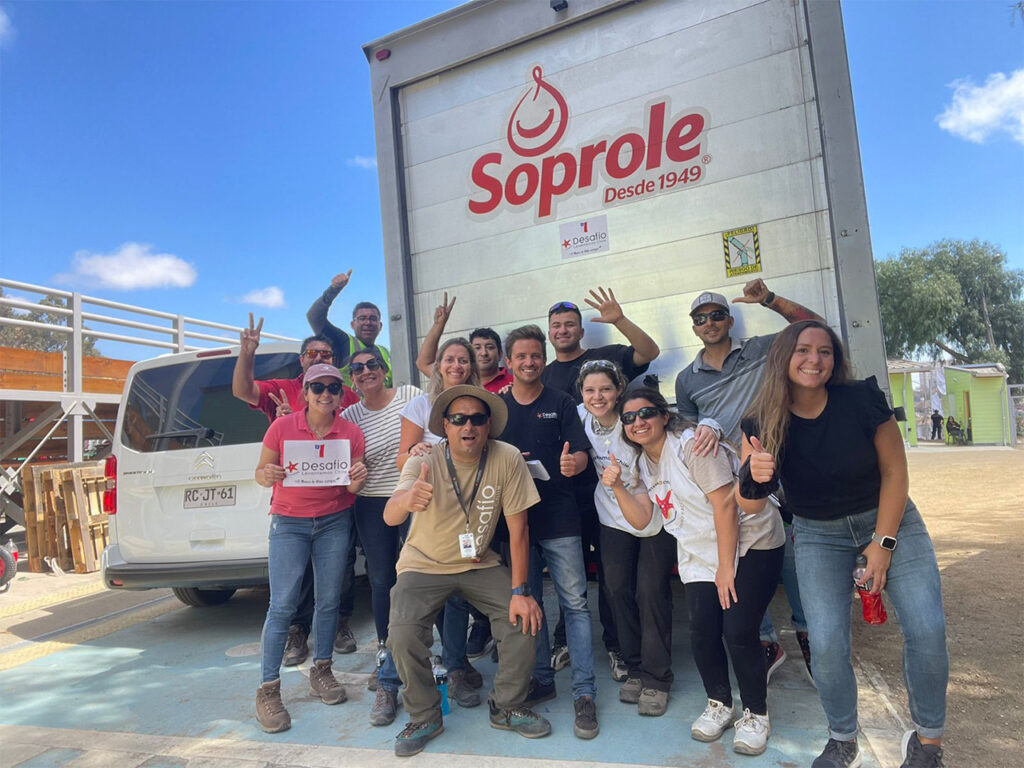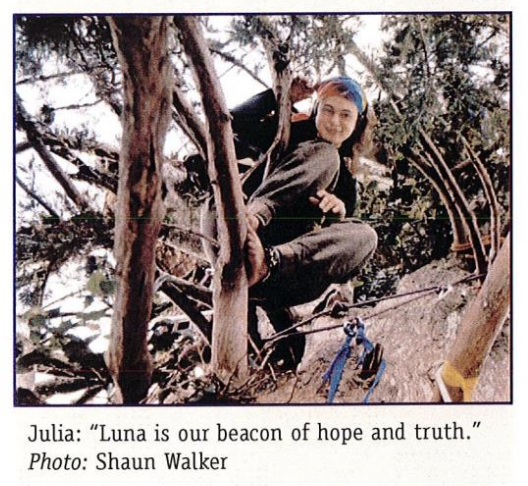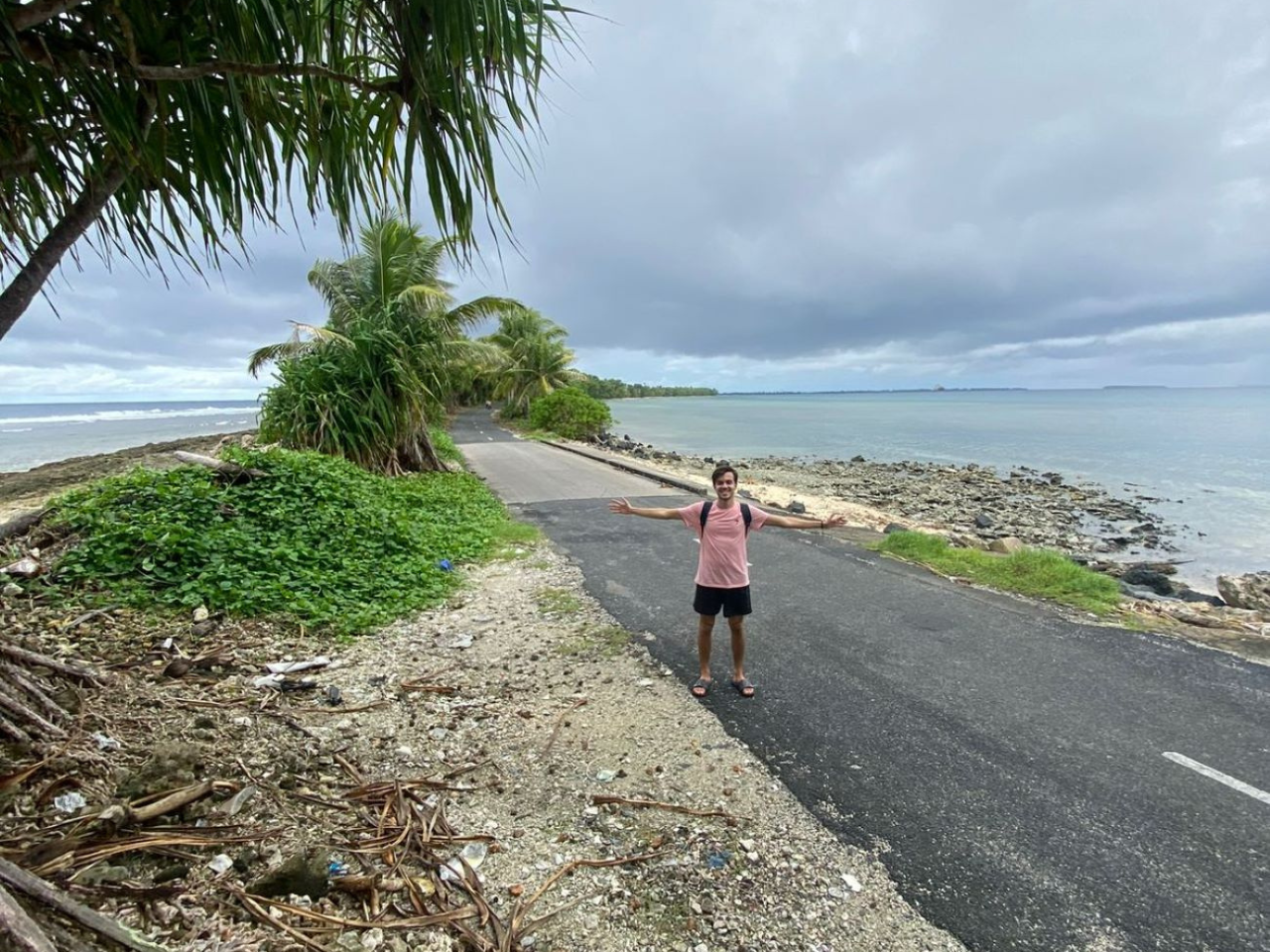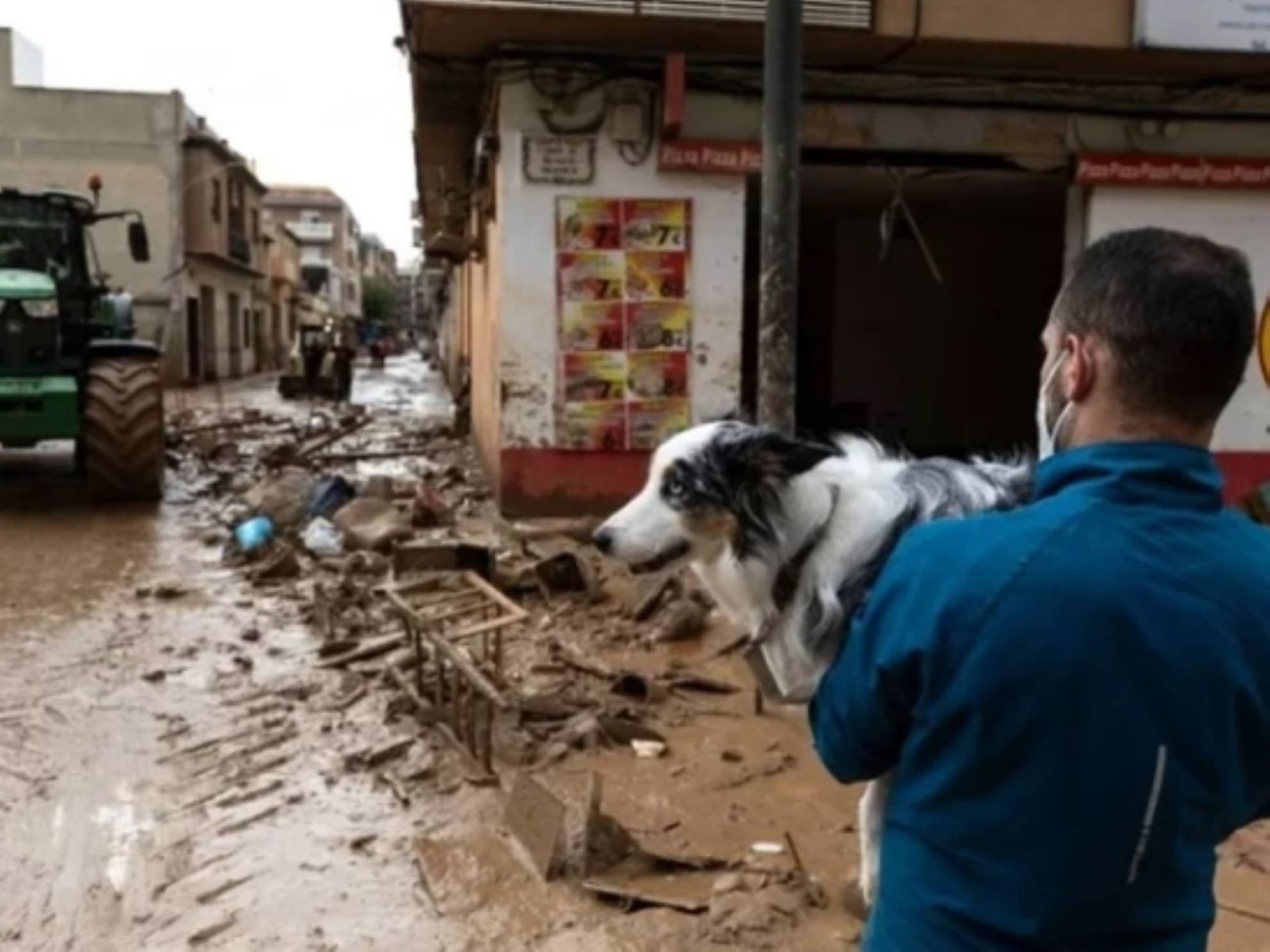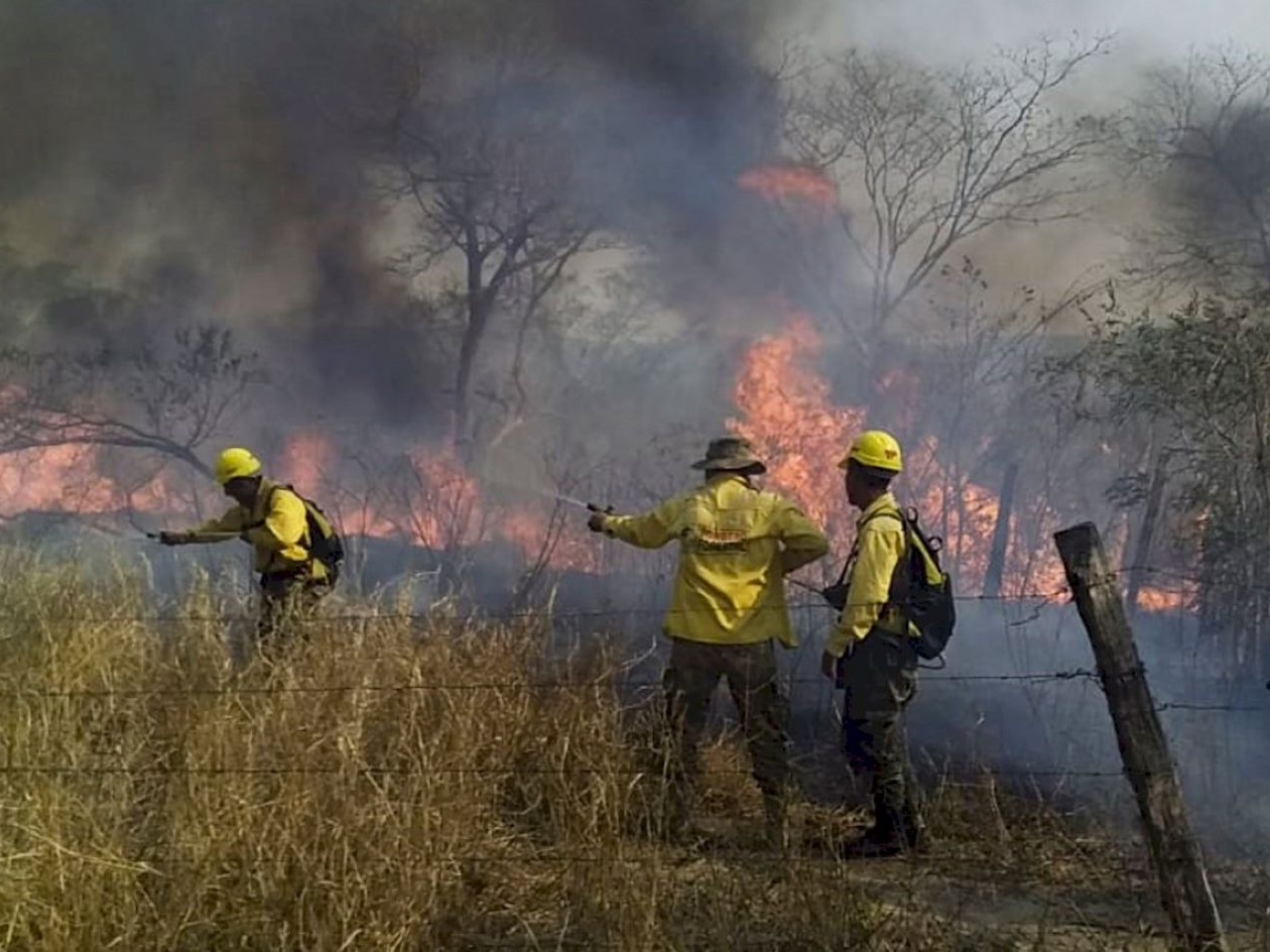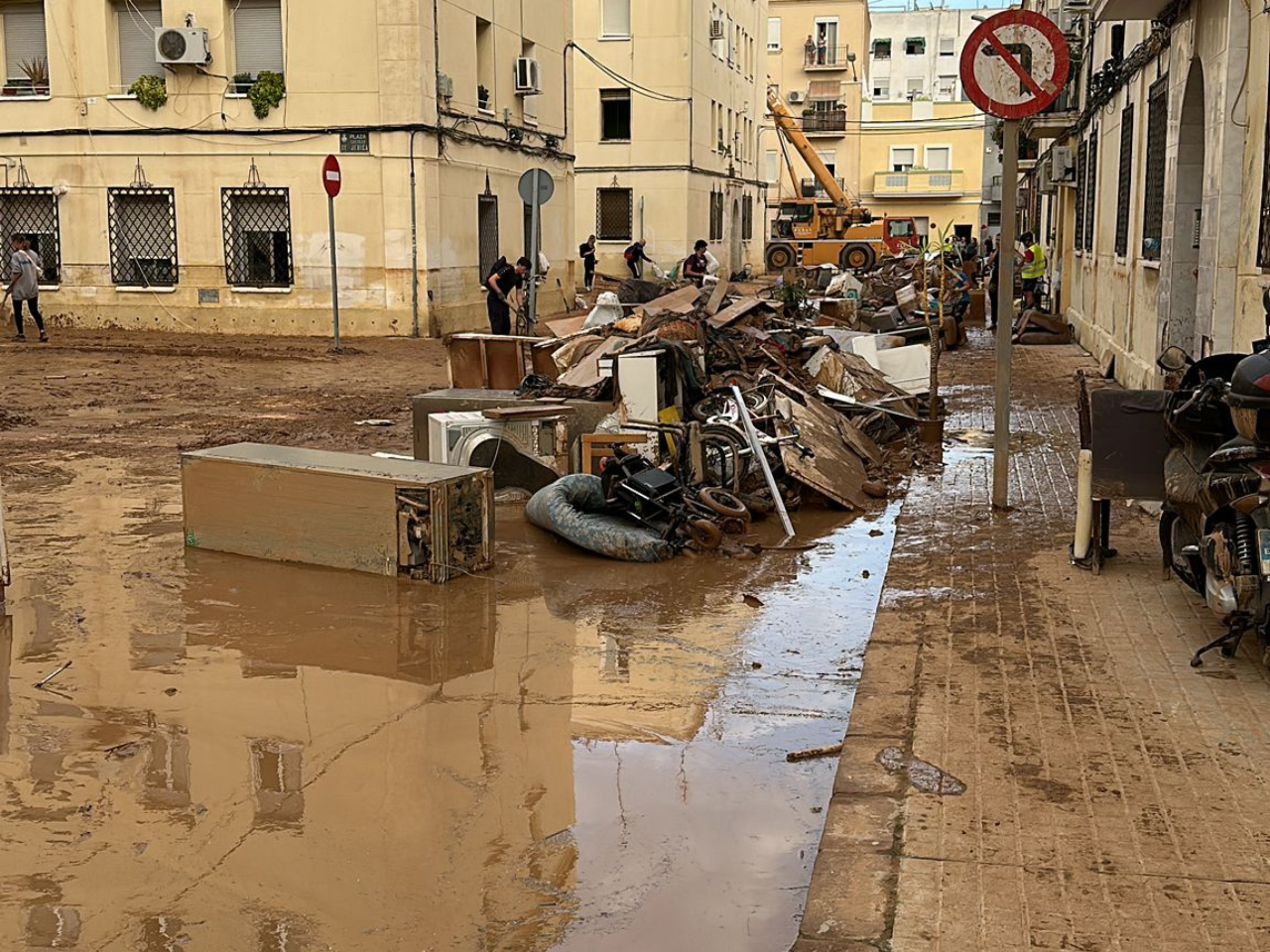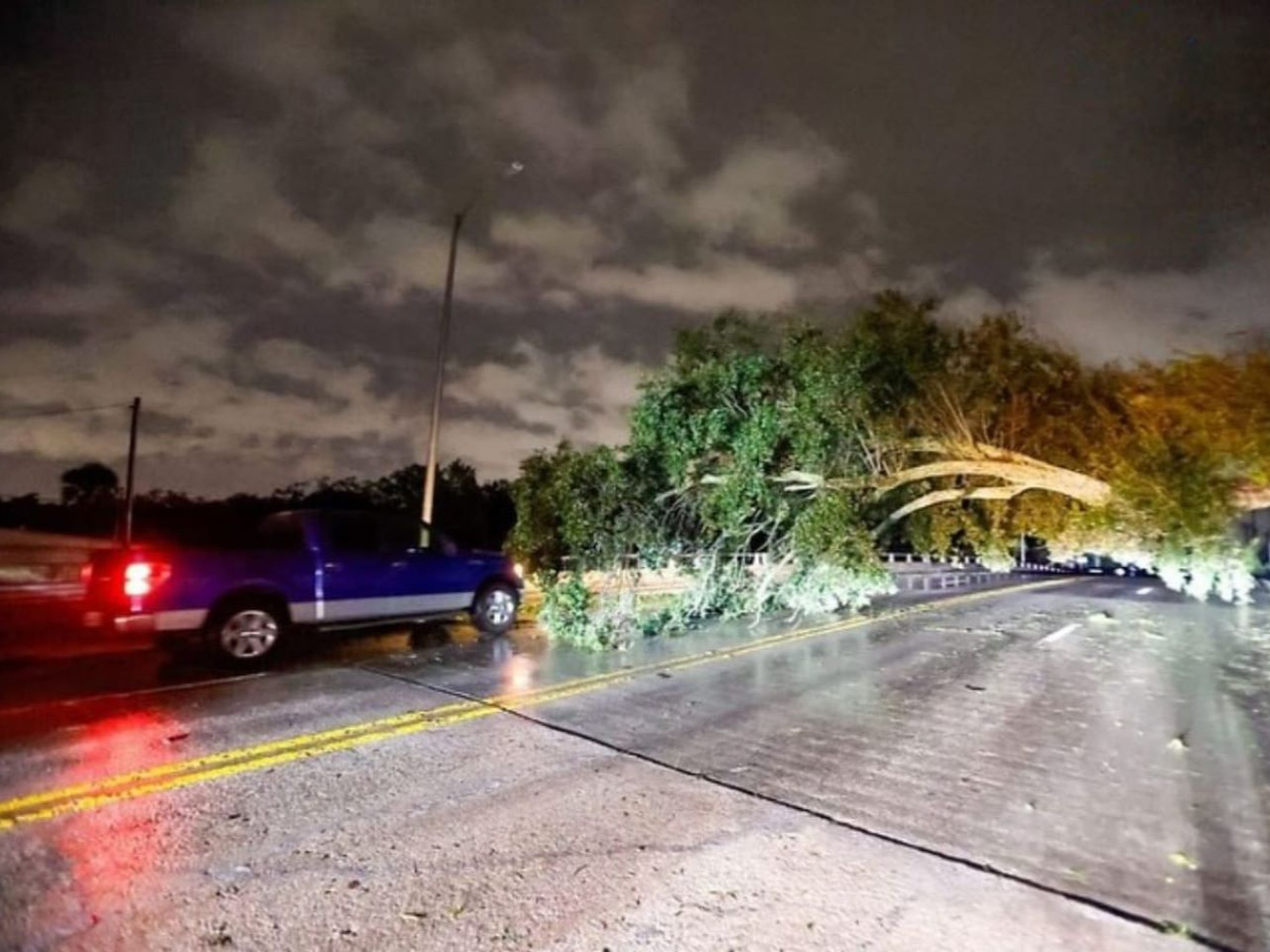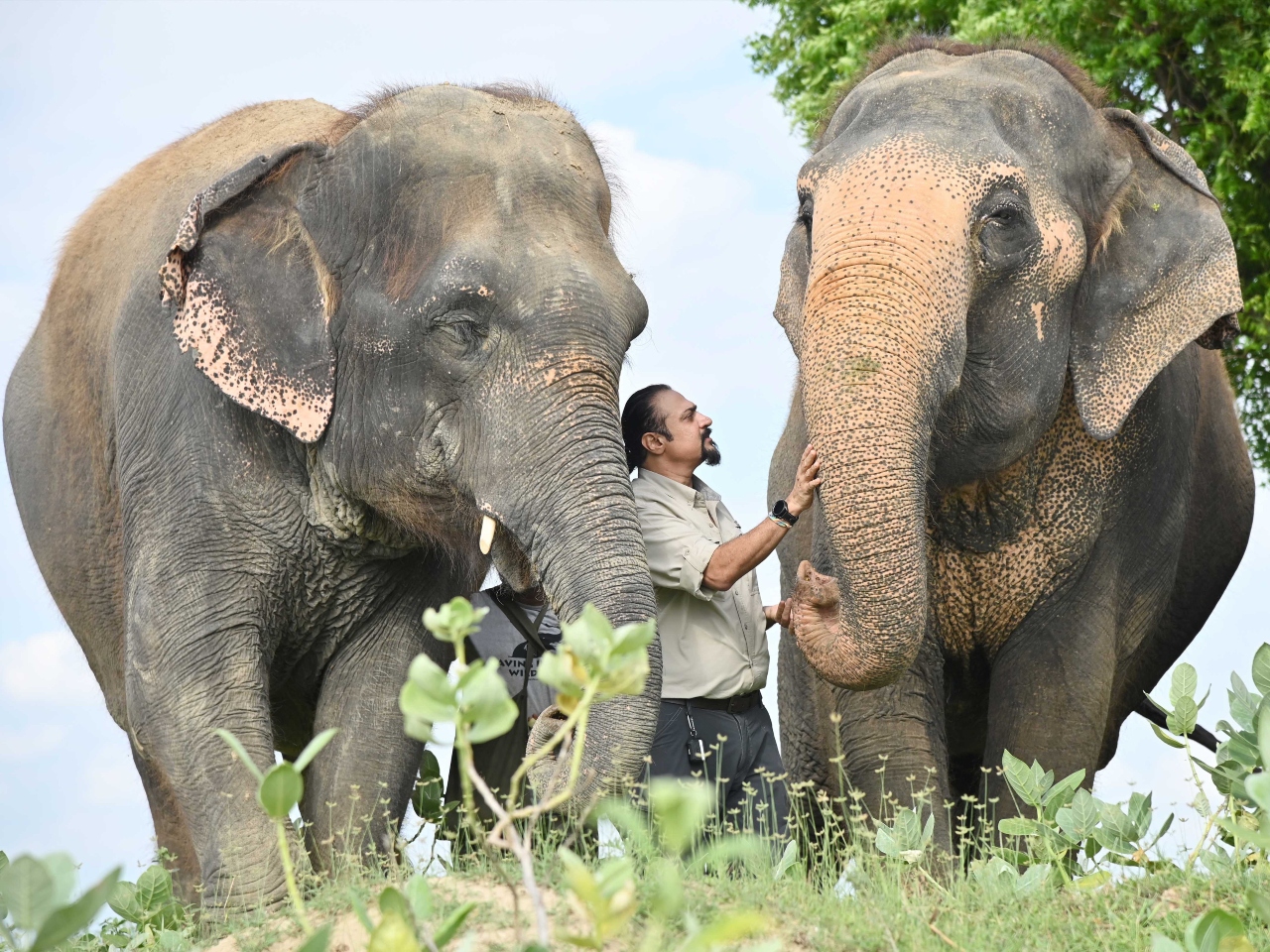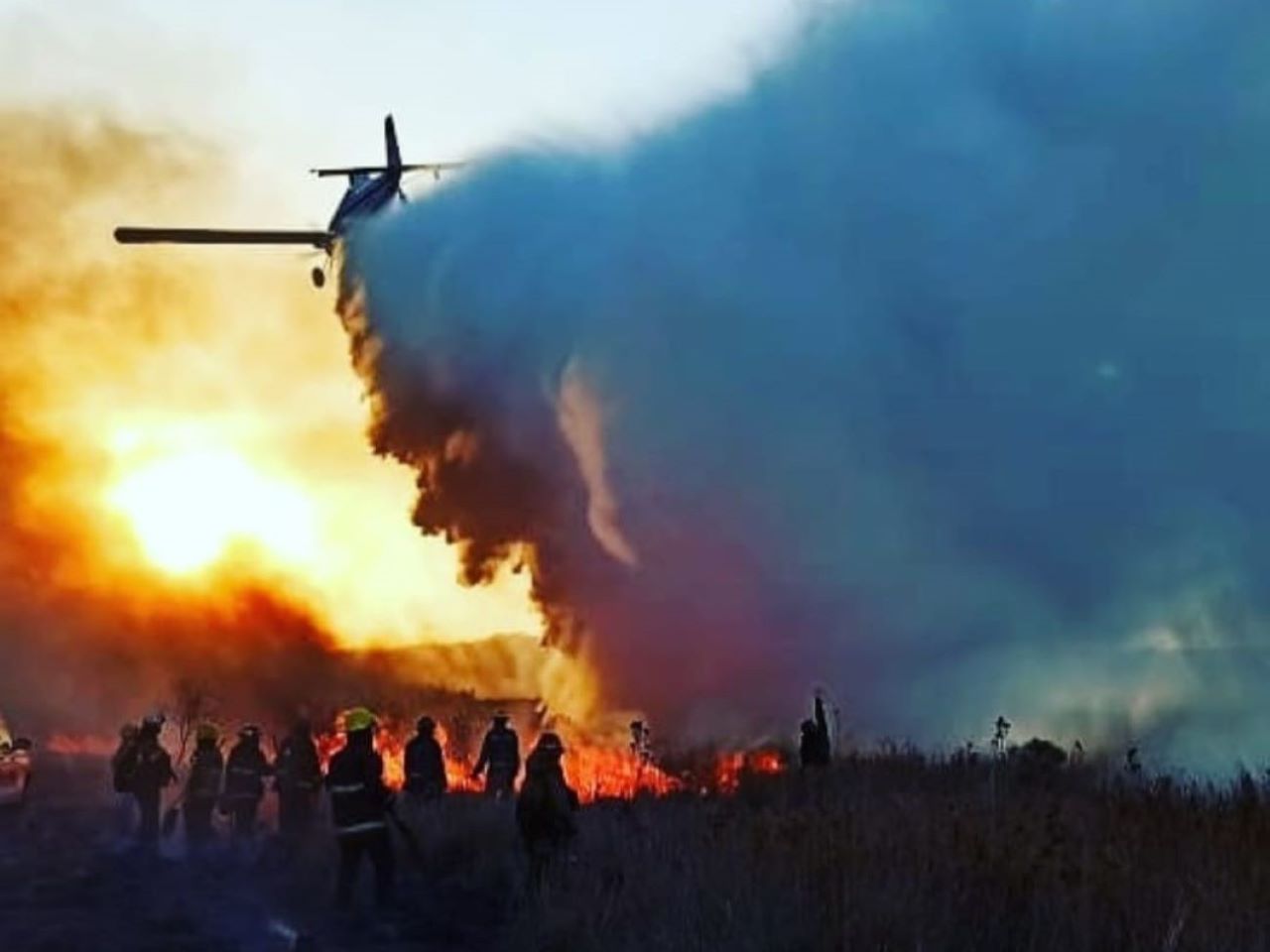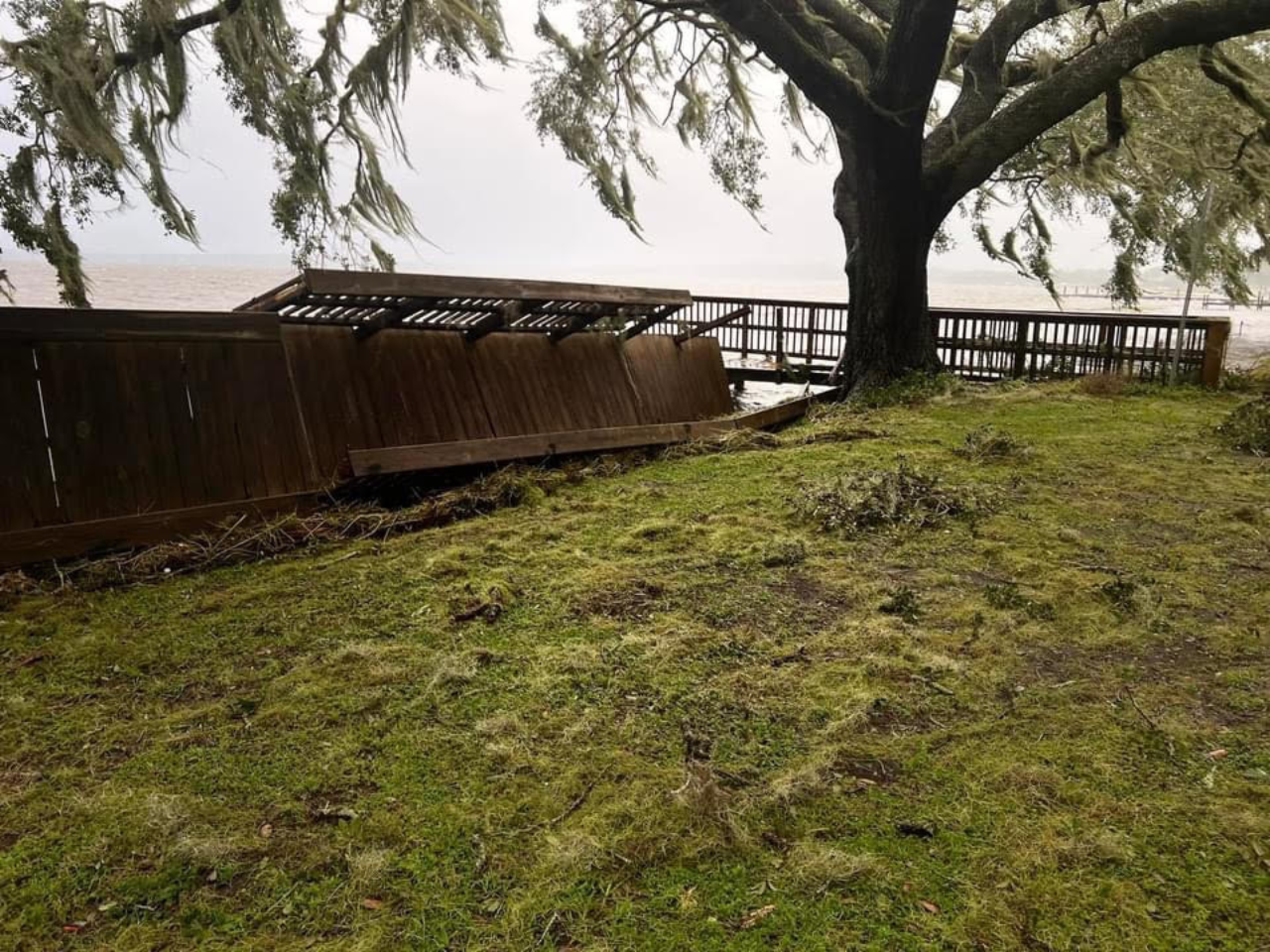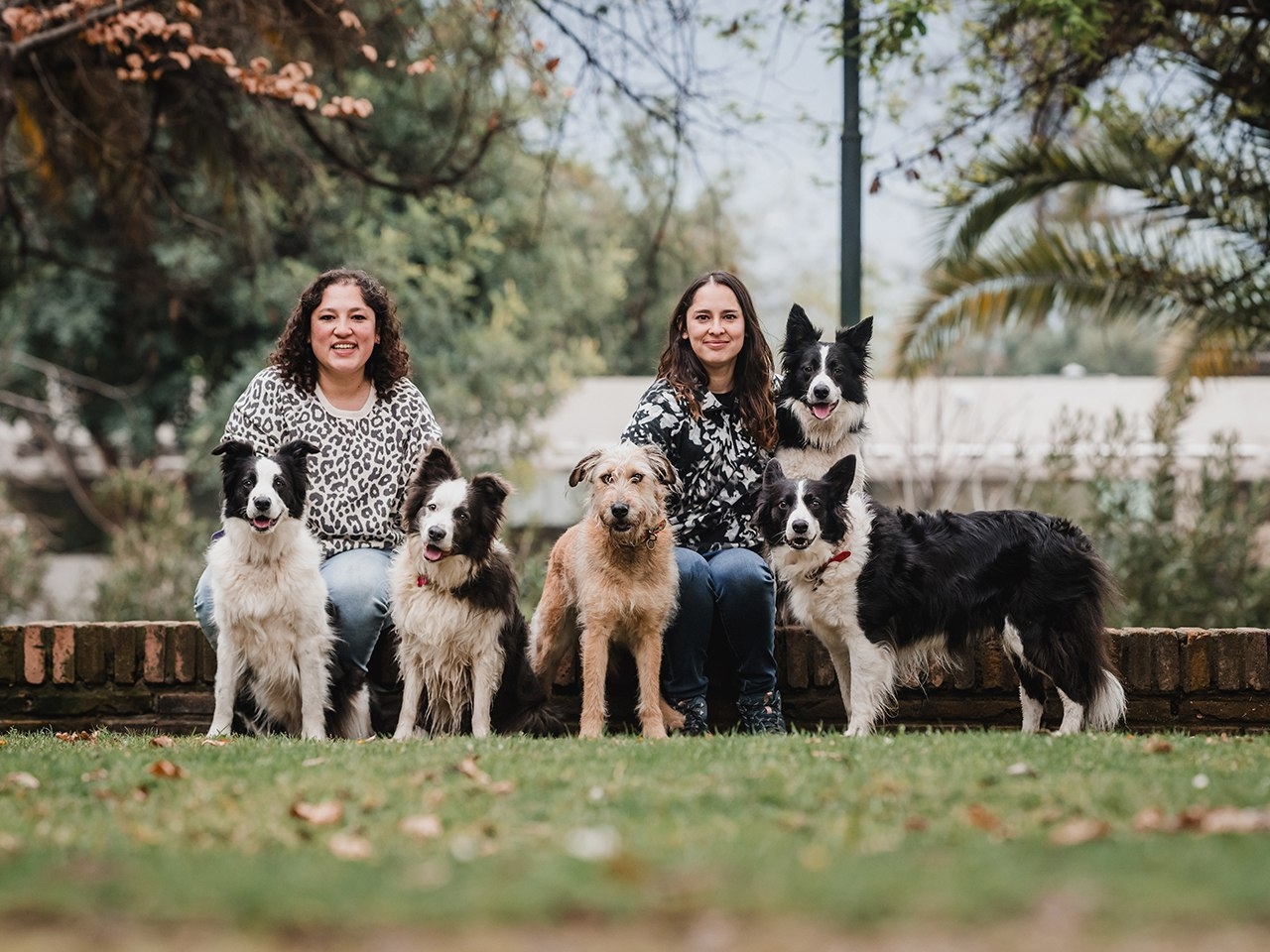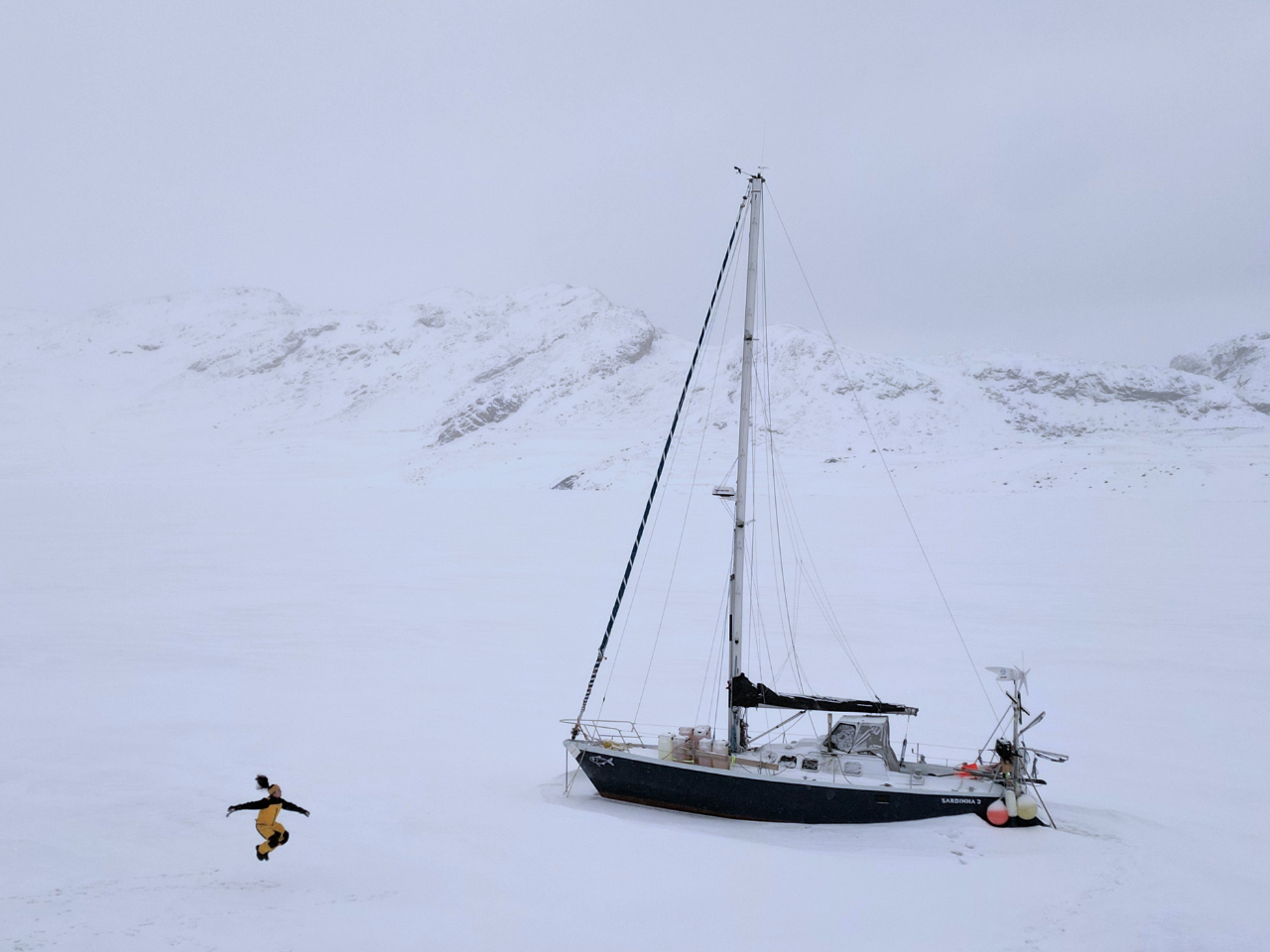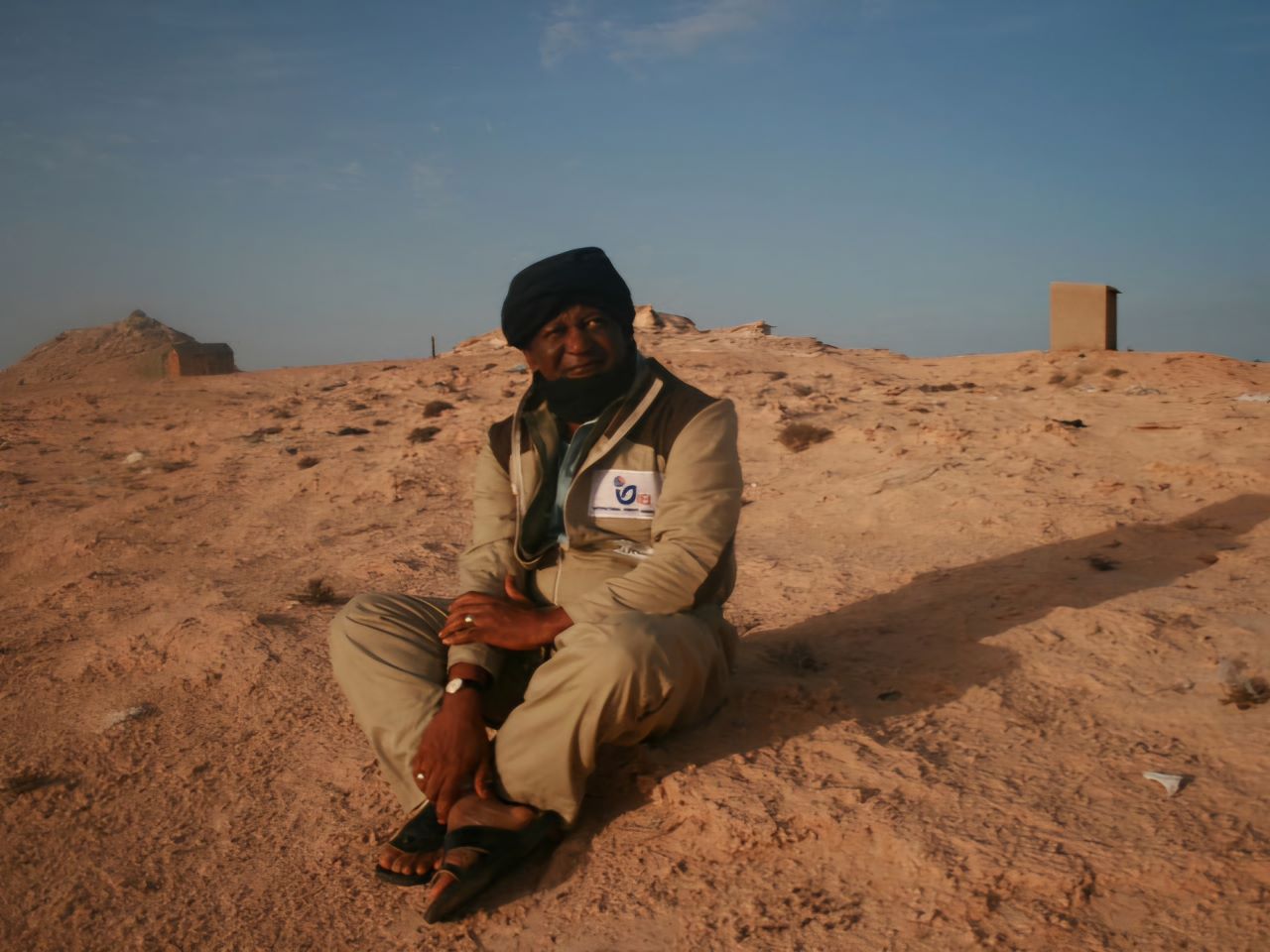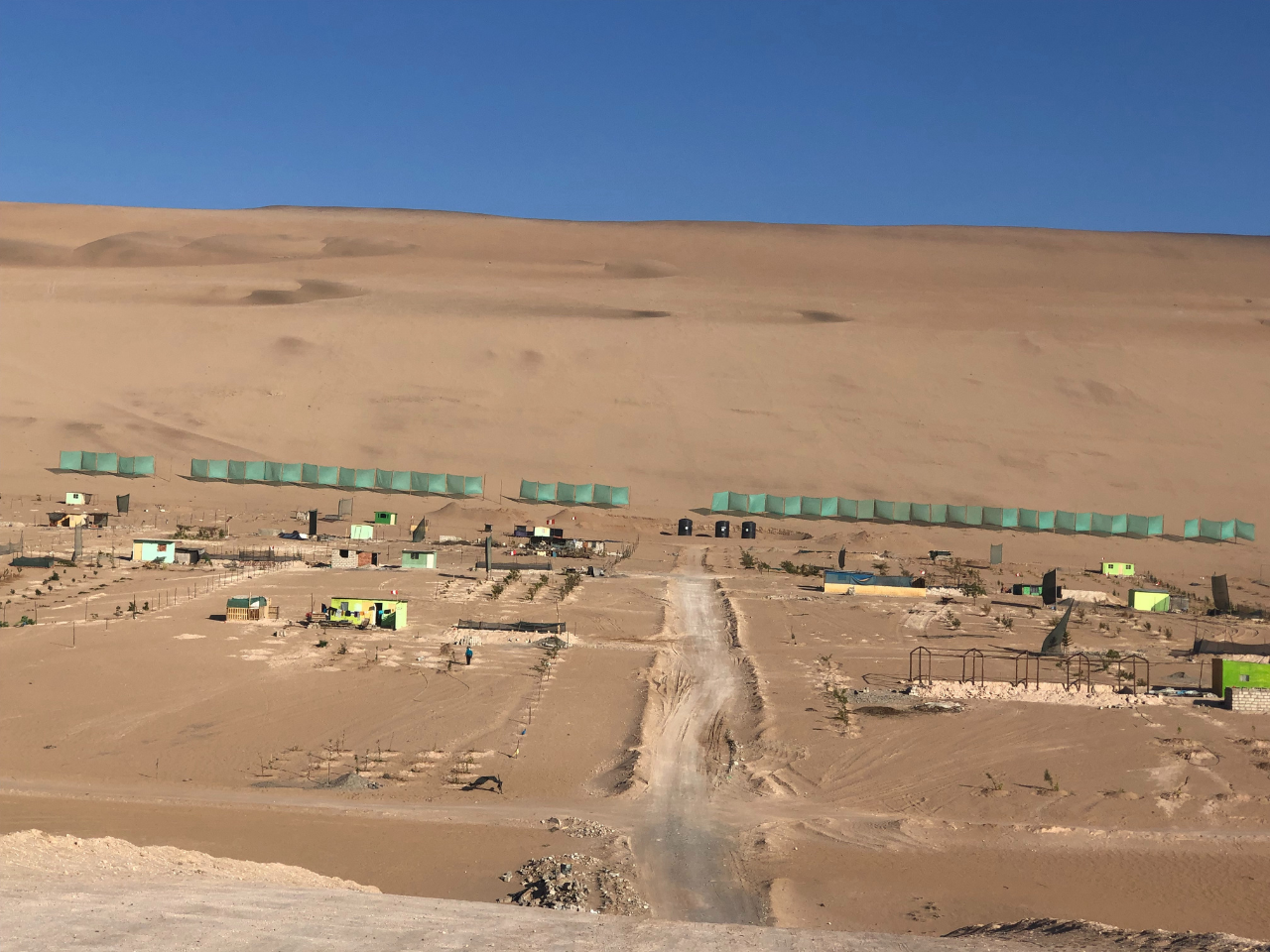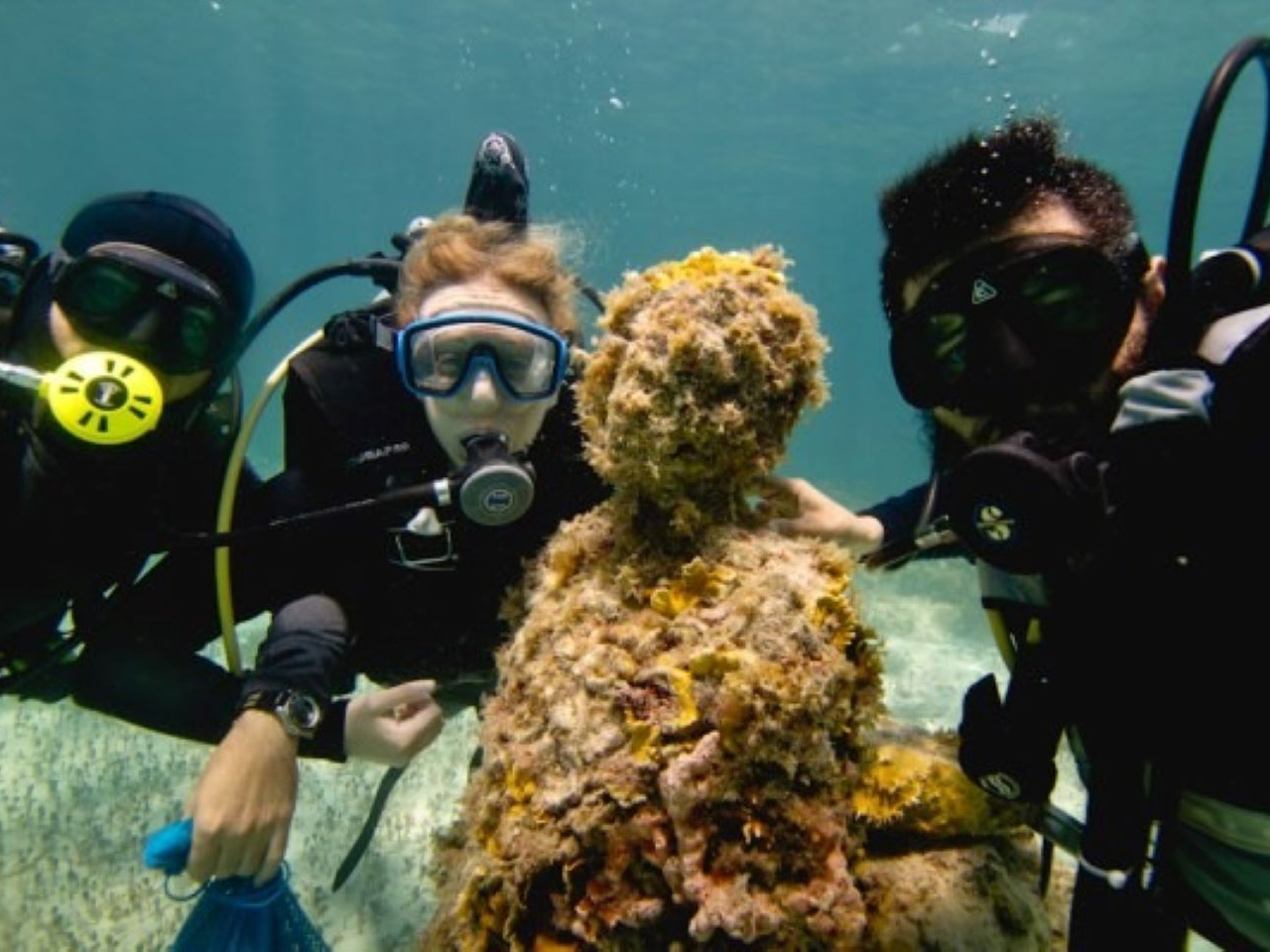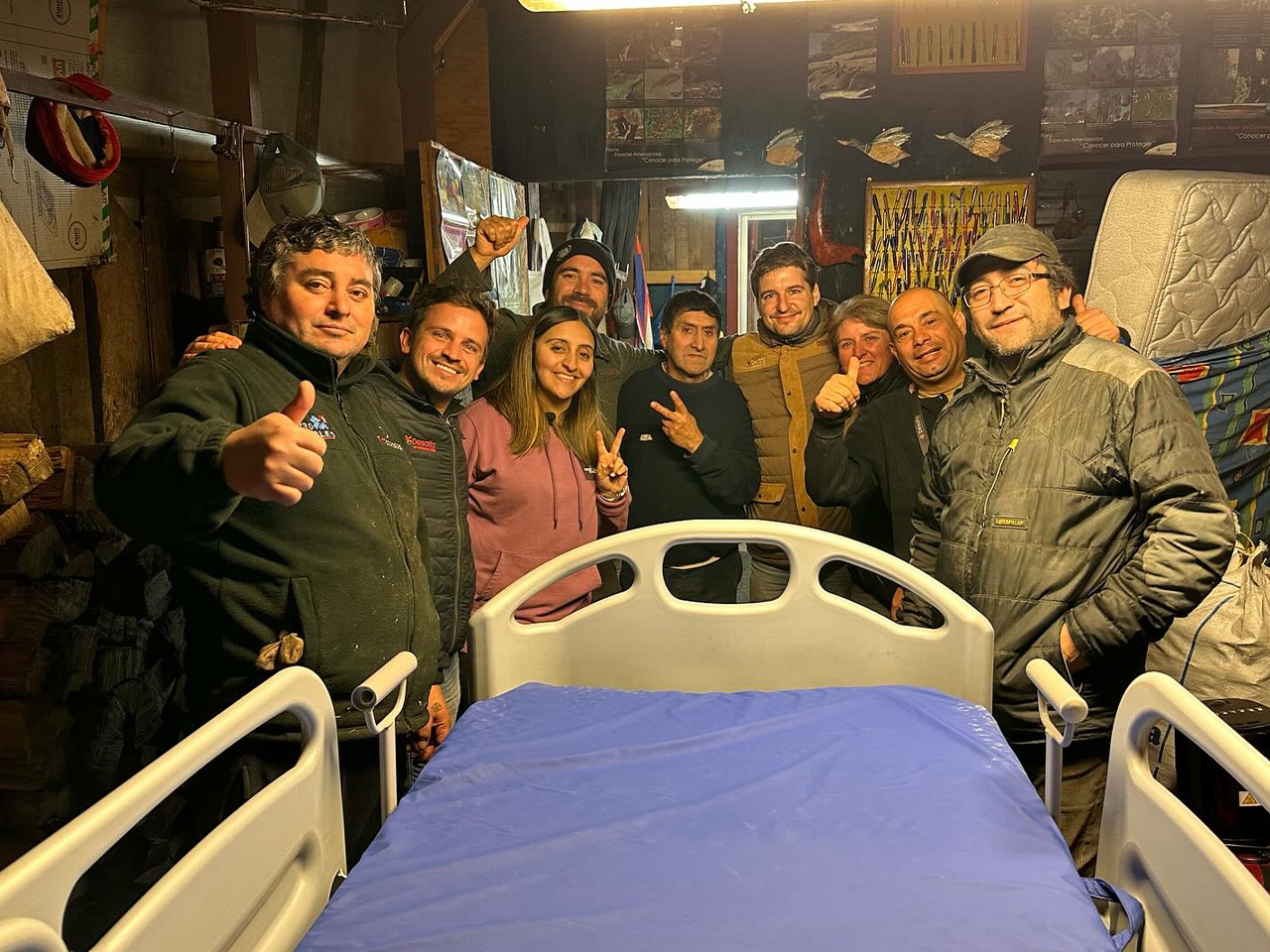Volunteers work for weeks in the scorching sun after 165 fires decimate Chile
My heart broke as I encountered them. These once resilient people now overcome by despair became uninterested in doing anything. They simply sat and waited for the trucks to arrive to remove the debris.
- 2 years ago
April 2, 2024
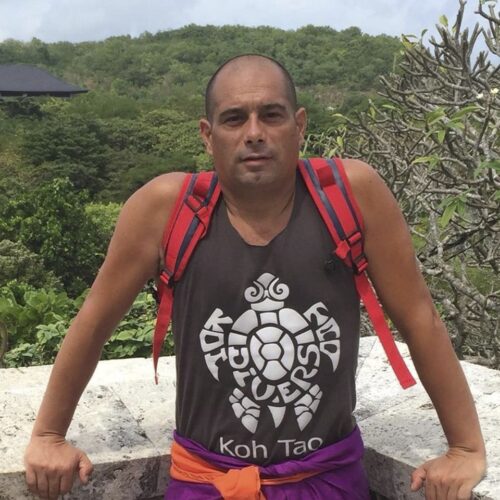
VIÑA DEL MAR, Chile ꟷ In February a mega-fire erupted in the fifth region of Chile, the largest catastrophe since the 2010 earthquake. For three weeks, my team has worked nonstop, often through the night. When the fire broke out on a Friday, we met to determine accessible routes and divided the teams up into three sectors, targeting the most affection regions. We contacted the authorities and by Saturday, we were on the ground in trucks, carrying shovels, wheelbarrows, toiletries, and hygiene products.
I made my way to Villa Independencia and what I encountered shocked me. I saw so many bodies. Every couple of blocks, families mourned their lost loved ones and people waited anxiously for medical services to remove the deceased. Innumerable houses burned to the ground and the picture looked bleak. Dirty people stood everywhere, some with burns. The eyes of the elderly reflected intense suffering. It felt as if an atomic bomb had exploded.
Read more wildfire stories from around the globe at Orato World Media.
When fires destroyed towns in Chile, the people gave in to despair
My team started in earnest on day three, delivering debris kits and putting generators in neighborhoods. Dividing ourselves up as much as possible, we focused on food, healthcare, and economics. Whether delivering 170 pairs of glasses or gifts cards to older adults who became homeless, we stayed close to the people.
My heart broke as I encountered them. These once resilient people now overcome by despair became uninterested in doing anything. They simply sat and waited for the trucks to arrive to remove the debris. Working from dusk to dawn seven days a week, my team takes no days off and gets little rest.
As a brigade that responds to disasters, we understand this work, but the fires in Chile affected us differently. We feel incredibly sad and bitter as we watch the suffering. Just when we clear out a section of debris, we find another place we had not seen before that is devastated. The work feels infinite. Though we have responded to fires in the past where over 100 houses burned, the number of human beings affected this time is incomparable.
As a result, we requested psychological support for the responders, and not just the people. Nevertheless, despite the misfortune, the most beautiful part of the job comes when we raise morale or lift a spirit. Taking tools to an entrepreneur so he or she can do their job again fills me with excitement. To us, we deliver more than tools. Giving someone their job back gives them hope again, that they will find dignity and a livelihood. They no longer must rely on outside support.
In the scorching sun, volunteers deliver food and supplies
In these weeks on the ground, I endured three heat strokes walking through the relentless sun all day. Displaced people battle the same hot rays. When we delivered 400 awnings to give the people shade it generated immense excitement.
Young people between 20 and 40 show tremendous resilience and positive energy, eager to rebuild. The 65- to 80-year-olds appear the most depressed. Sitting with elderly grandparents, they say, “I am overwhelmed. I don’t have the strength or energy to move forward. I don’t want anything.” Yet, when we tell them we will provide financial support, their faces transform, and a look of encouragement appears. We have plans to give two million pesos (a couple thousand dollars) to 100 people in this age category.
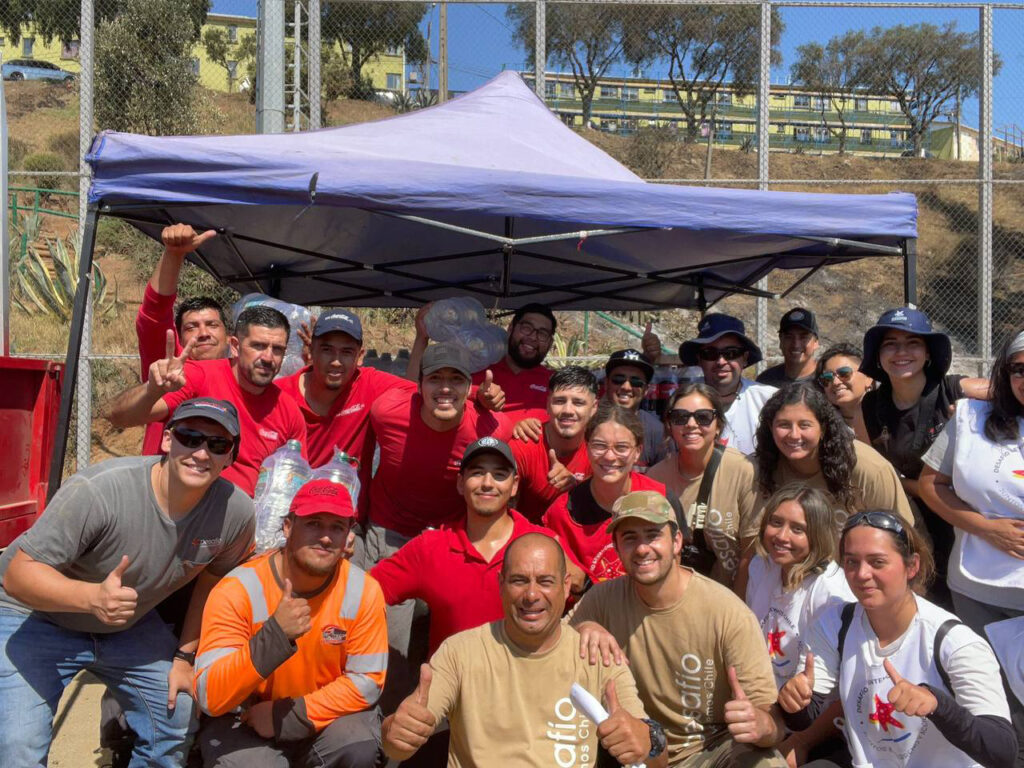
Each day, as we register people and take note of their needs, I recognize the growing importance of spending more time with them; listening as they vent, cry, or tell their story; and wrapping them in a hug. Encountering people like the elderly man who lost his wife, daughter, son-in-law, and two grandchildren demands your own resilience, so that you can support him.
Whether we are delivering supplies to the 47 soup kitchens or exploring possibilities for reconstruction, we tap into our drive and desire to serve. In our office, we erected a giant map to plot all the places we visited and chart the burned homes. I take my hat off to our 60 volunteers giving every drop of sweat until they have no more.
Despite the emotional and physical fatigue, volunteers push on in the Let’s Lift Chile Challenge
Through my foundation the Let’s Lift Chile Challenge, we have stood witness to suffering since 2010. From emergency response, to repairing schools, to delivering supplies and food and water resources, we help families so that they stand again. My two closest workers Ignacio Sepúlveda and Francisco Almeyda serve right now as the northern and southern leaders for the areas affected by the fires.
They work late into the night, not because I ask them to, but because it comes naturally to them. When they see someone with nowhere to sleep, their vocation calls them to deliver a blanket and a tent. Their work never ends.
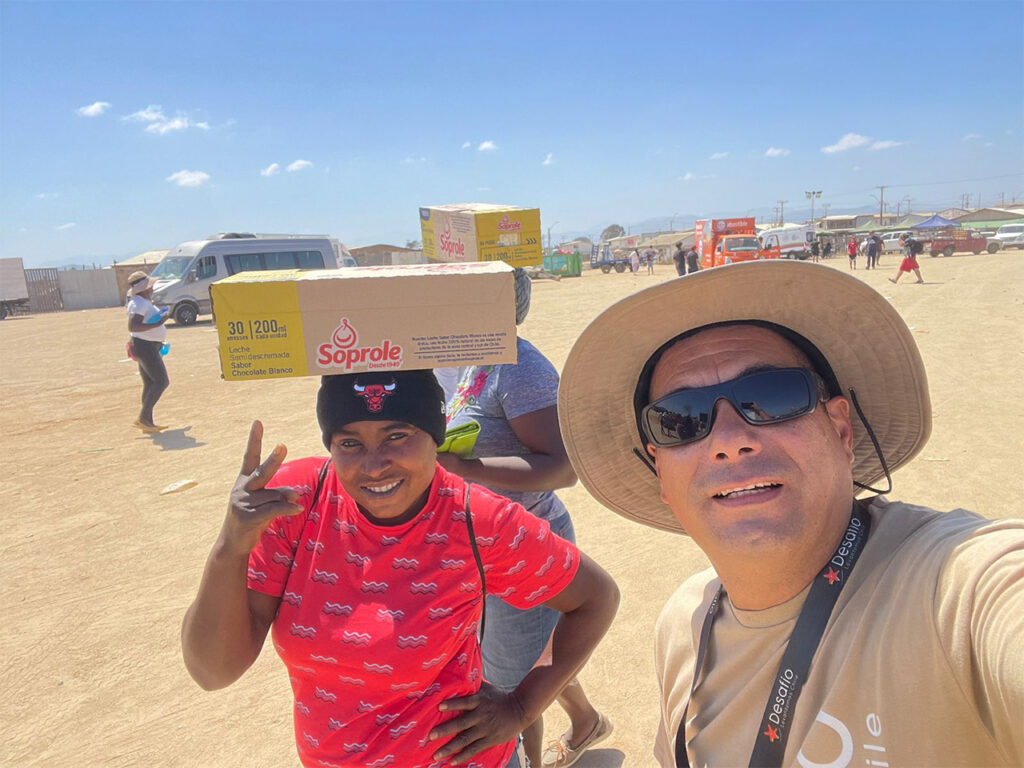
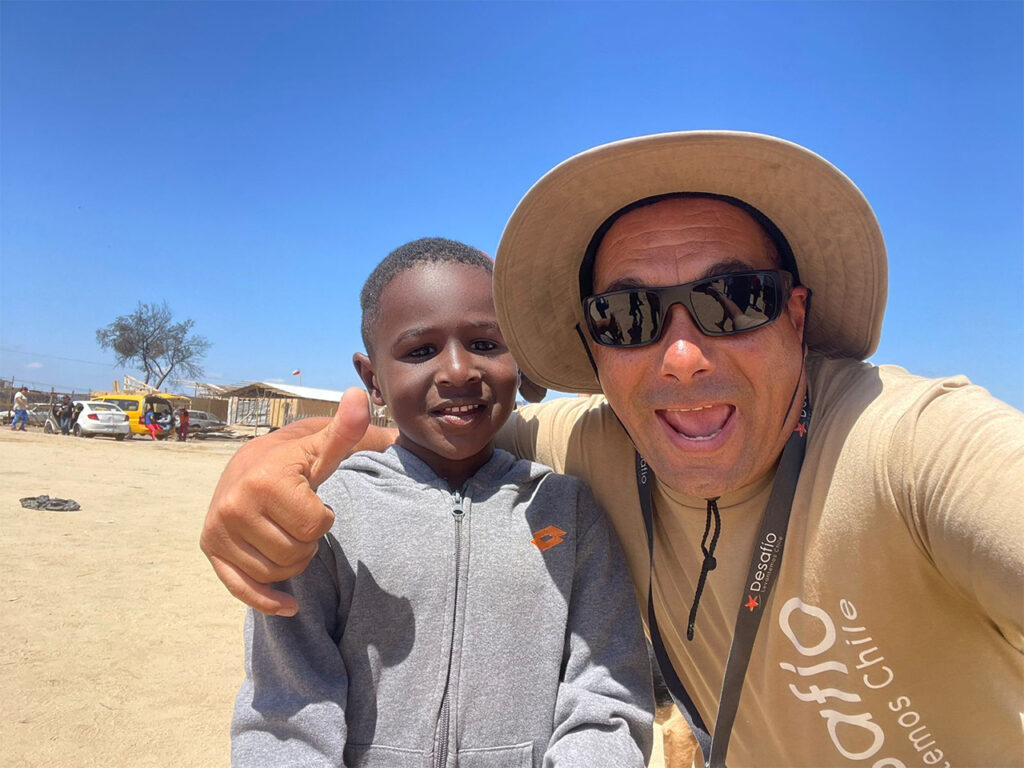
We push on, even when situations discourage us. In the area called Licantén, for example, flooding decimated homes. We rebuilt and repaired the houses, only for the floods to hit again, taking out all our work and claiming lives. The disaster hit close to home as a dear friend’s grandparents became homeless. Despite the emotional blows we take, we carry on helping the people.
[To support Pablo and his team, visit Desafío Levantemos Chile.]

